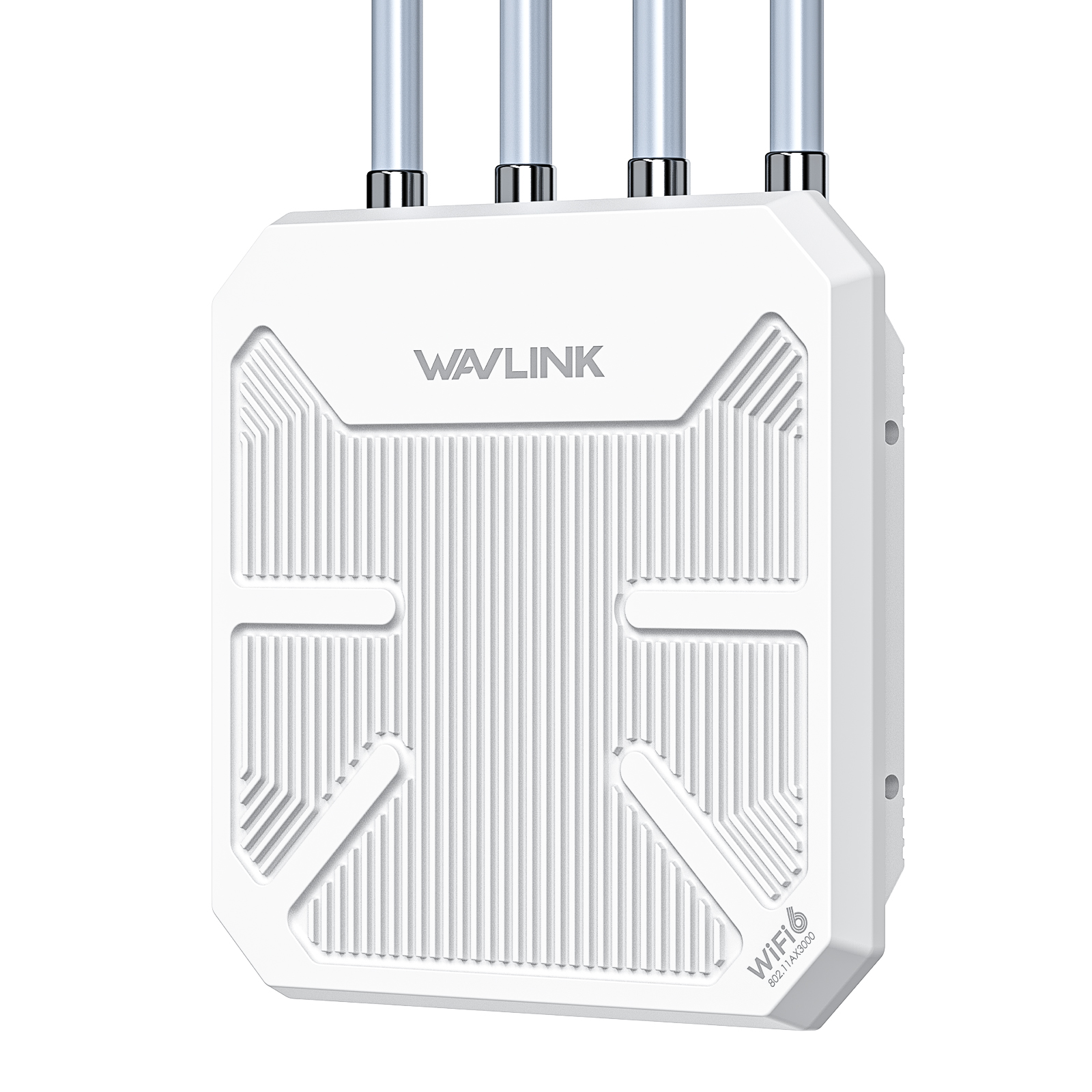
In the landscape of modern networking, WiFi modems and routers stand as pivotal components that underpin our digital connectivity. While often perceived as interchangeable devices, these two have distinct roles in ensuring seamless internet access within our homes. Let's delve deeper into the realm of WiFi modems and routers to uncover their functionalities, differences, and how they collectively contribute to maintaining our connectivity.
A WiFi modem, or modulator-demodulator, acts as a bridge connecting our home network with the Internet Service Provider (ISP). As per Wikipedia, it facilitates the conversion of digital data from our devices into analog signals suitable for transmission through various communication lines like DSL, cable, or fiber optics. The modem decodes data received from the ISP, enabling our devices to access and interact with the internet seamlessly.
On the other hand, a WiFi router serves as the central hub governing our home network, responsible for wirelessly distributing internet signals to multiple devices. According to Wikipedia, routers play a vital role in managing data flow within our local area network (LAN) and providing wireless connectivity to facilitate seamless internet access across various devices.
Functionality: WiFi modems focus on establishing the connection to the internet, while routers manage the distribution of internet signals within the home network.
Physical Connections: Modems generally possess fewer ports compared to routers, which offer multiple Ethernet ports for wired connections.
Wireless Capabilities: Routers enable wireless connectivity, allowing devices such as smartphones, laptops, and smart home gadgets to access the internet wirelessly.
Security Features: Routers encompass advanced security functions like firewalls and encryption protocols to fortify network security, whereas modems primarily concentrate on data translation.
In many instances, WiFi modems and routers are consolidated into a single unit known as a gateway, streamlining setup procedures and catering to users seeking a unified solution encompassing modem and router functionalities. However, standalone modems and routers offer increased flexibility and customization options for advanced users aiming to optimize their home networks efficiently.
Conclusively, WiFi modems and routers synergize, playing complementary yet distinctive roles in establishing and managing our home networks. Grasping their unique functions and disparities is pivotal in enhancing our connectivity experiences. By selecting an optimal combination of modem and router tailored to individual needs, users ensure a reliable and efficient network infrastructure that seamlessly connects them within today's digital ecosystem.
Get the Scoop First
Subscribe to our official website to receive exclusive first-hand news and stay up-to-date on our new product releases and promotions!



